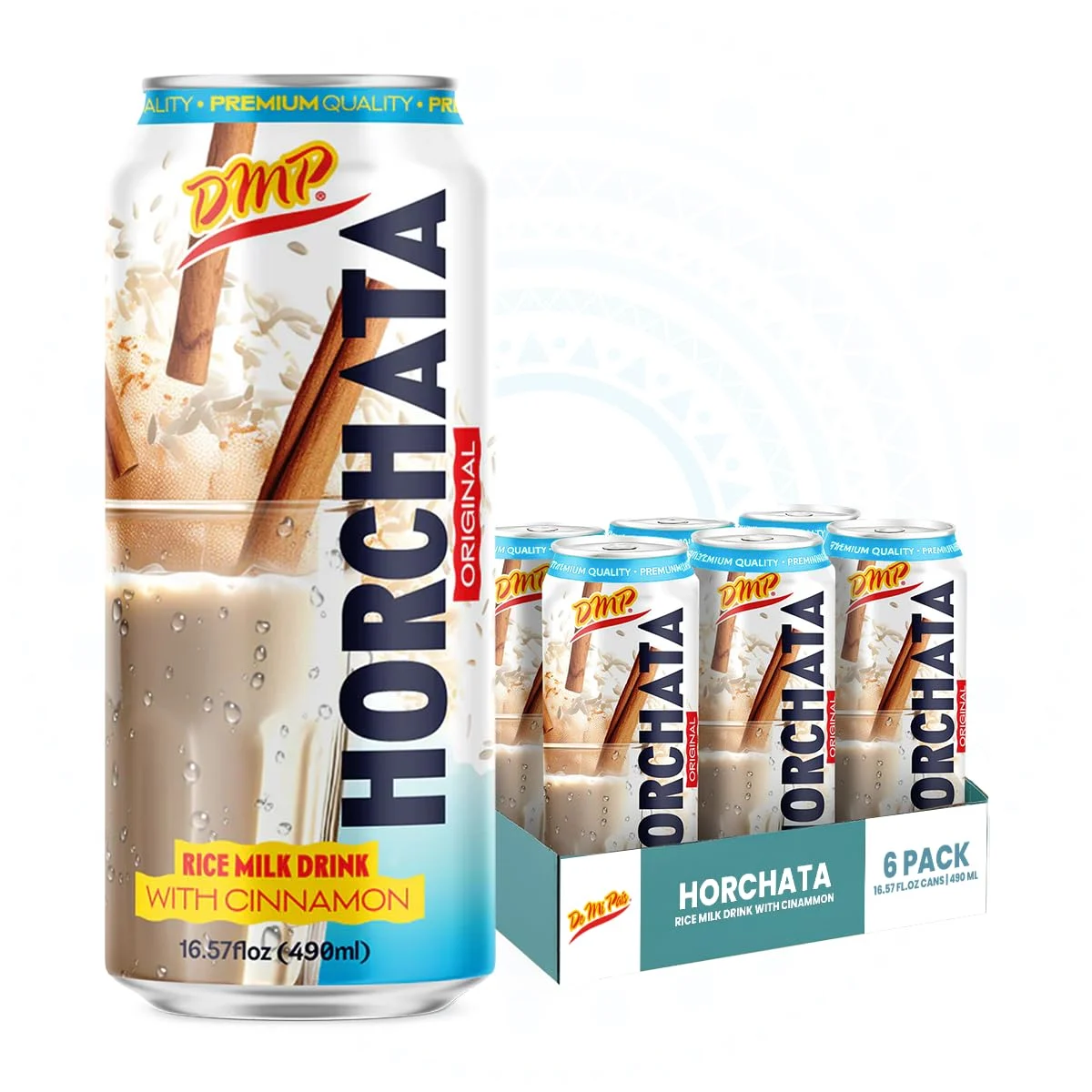HORCHATA ORIGINAL RICE MILK DRINK WITH CINNAMON
food & drinks • For 1-2 year old toddlers • Consumable 🍝
Product Images
Product Photo

Tap to enlarge
Ingredient List

Tap to enlarge
Is this toddler-safe to eat HORCHATA ORIGINAL RICE MILK DRINK WITH CINNAMON?
Check for Different Age (6 available)
Ingredients Analysis (12 found)







Common Questions About HORCHATA ORIGINAL RICE MILK DRINK WITH CINNAMON
Toddler-friendly? HORCHATA ORIGINAL RICE MILK DRINK WITH CINNAMON
HORCHATA ORIGINAL RICE MILK DRINK WITH CINNAMON is not recommended for 1-2 year old toddlers due to potentially harmful ingredients.
What ingredients should I watch out for?
We analyzed 12 ingredients in HORCHATA ORIGINAL RICE MILK DRINK WITH CINNAMON. 1 concerning. Check the detailed analysis above for specific concerns.
When can toddlers eating food & drinks?
The appropriate age depends on the specific ingredients. This analysis is for 1-2 year old toddlers. Use the age selector above to check other ages.
⚠️ Important Disclaimers
Product Recognition: Product names are identified programatically and may be incorrect. Always verify product identity yourself.
Safety Analysis: Evaluations are for research only - consult pediatricians for medical decisions. Do not rely solely on this analysis.
No Guarantees: Results may be incomplete or inaccurate. Do not rely solely on this analysis.